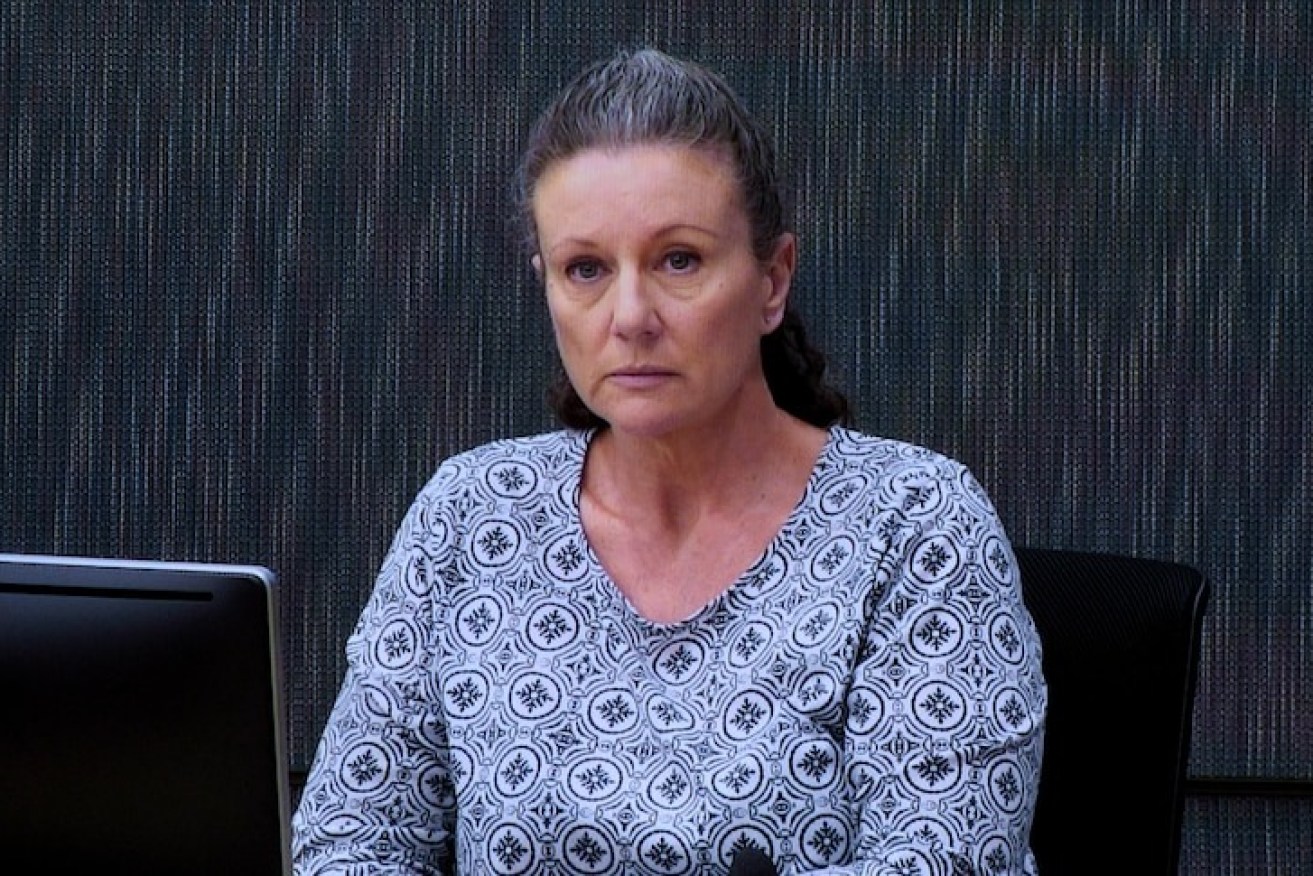Freed by science: After 20 years in jail Kathleen Folbigg walks ‘in the sunshine’
Kathleen Folbigg has been pardoned and released from jail after spending 20 years behind bars for the deaths of her four children.

An inquiry found there was a reasonable possibility that Kathleen Folbigg's children died of natural causes. (Image: AAP)
NSW Attorney General Michael Daley said on Monday he had received an advance copy of a summary of an inquiry by Thomas Bathurst into Folbigg’s convictions which found there was reasonable doubt about her guilt.
There is a reasonable possibility that three of the children died of natural causes,’ it said.
Bathurst was “unable to accept… the proposition that Ms Folbigg was anything but a caring mother for her children”.
Daley recommended to Governor Margaret Beazley that Folbigg be pardoned and she had accepted the recommendation.
“She has now been pardoned,” Daley said.
“Justice can ultimately be done even it takes a long time”, he said.
Greens MP and supporter Sue Higginson told reporters Folbigg had been freed from the Clarence Correctional Centre in Grafton.
“She’s walking, she’s outside, she’s in the sunshine… justice has been done,” she said.
“This is our Lindy Chamberlain case here in Australia,” Higginson said indicating that
Folbigg will be pursuing compensation for the “twenty years of her life that has been lost”.
Folbigg is expected to spend the night with lifelong friend and advocate Tracey Chapman.
After a seven week trial in 2003 a jury found Folbigg guilty of killing her four babies – Caleb, Patrick, Sarah and Laura – between 1989 and 1999.
The pardon does not mean Folbigg’s convictions will automatically be quashed.
Folbigg has always maintained her innocence.
An inquiry into her convictions in April heard credible evidence the four children may have died of natural causes.
Rare genetic variants identified in Folbigg and her daughters triggered the second inquiry into her conviction not long after a 2019 examination.
Australia’s peak science body called for an overhaul to the nation’s criminal justice system following Folbigg’s pardoning.
The Australian Academy of Science acted as an independent adviser to the second Folbigg inquiry.
Chief executive Anna-Maria Arabia said reforms were needed to allow science to inform decision making, and prevent further miscarriages of justice.
“I’m absolutely relieved that Kathleen Folbigg has been pardoned,” she told reporters in Canberra.
“We don’t need scientists put into a boxing ring, put up against each other.
“We need a way in which science can be heard fairly, transparently, and independently by the justice system.”
Arabia, a neuroscientist, said other like-minded countries including Canada and New Zealand, had adopted a criminal case review commission.
“It’s been a very successful model … this is an opportunity for Australia to implement such a system or something similar,” she said.
Arabia said there were many cases where there have been pleas for pardons based on new evidence coming to light.
“There are too many for anyone to look at just in an ad hoc way,” she said.
“This is why something like the criminal case review commission could look at those cases independently and determine whether a new process is required.”












